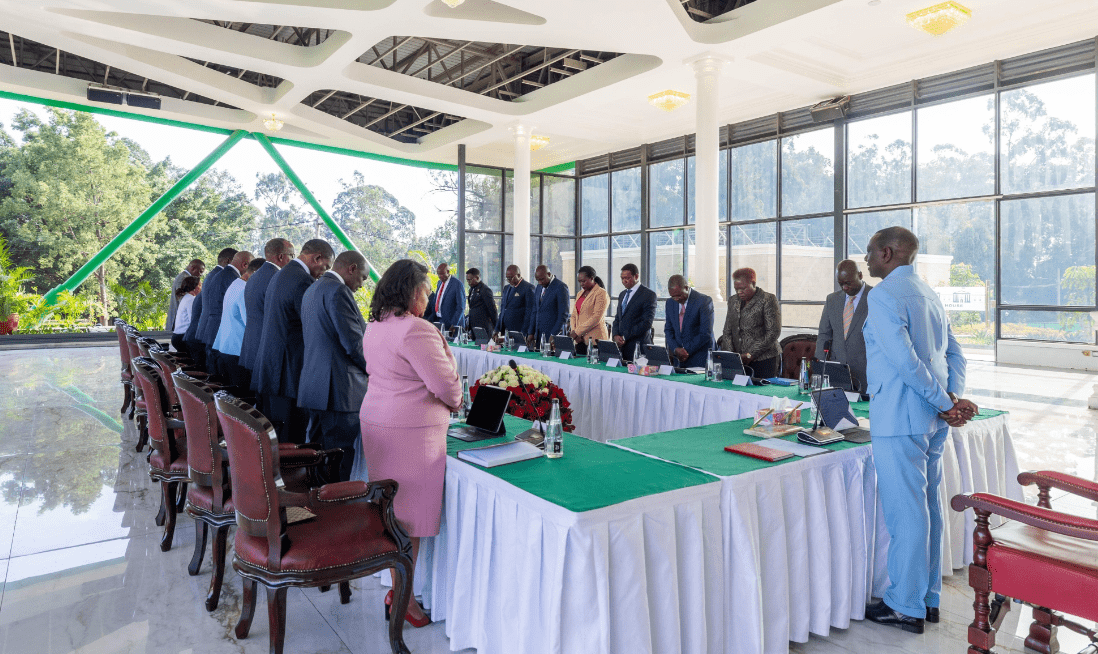Why officials should reserve key documents
By Kennedy.Buhere, June 19, 2024A few days before President William Ruto made his State visit to the US, an official in the Presidential Communication Service reached out to the chief executive of the Kenya Yearbook Editorial Board, Lillian Kimeto, enquiring whether it had any records of the last such visit to the US.
The official sought to know which among Kenya’s previous four presidents was the first to make a State visit to the US, what domestic and international issues he addressed, and who was the US president at the time.
The inquiry the official made to Kimeto was right. A State visit is a formal occasion and is ordinarily made at the invitation of the head of the host State. The event is significant. It mainly confirms the cordial relations between the two States.
The other purpose is to improve bilateral trade or economic relations between the countries. The third purpose (among others) is to restore sour diplomatic relations that might have severed previous cordial relations. The latter is preceded by high-level meetings.
Whatever the purposes of the visit, speeches are made. Conventions, memorandums of understanding, and protocols are settled. All these are recorded. The speeches and other documents become part and parcel of the State paper of mutual interest to both countries.
The official seeking information from the KYEB was looking for a State paper(s) regarding the first State visit to the US. Behind his inquiry was an idea about the management of public affairs. Records regarding policy decisions or records about public policy issues, problems, challenges and crises are conducted in writing.
For accountability purposes, for follow-up on issues to be addressed in pursuit of the agreements and for reference by future policymakers when the issues, problems, challenges and crises might come again for review or when there is a rupture of some kind.
It is not just speeches and agreements between two heads of State that constitute State papers. Speeches, policy documents on domestic affairs, Cabinet memorandums, Acts of Parliament and other records are State or public documents. State papers also refer to a newspaper that is officially designated for publishing public statutes, resolutions, notices and advertisements. Illustrations of State papers include treaties between countries, government reports on the State of the Nation, and newspapers designated by governments for public notices and advertisements.
The government has various ways in which State papers are utilised by governments. They include communicating important information to the public, making agreements with other countries, and making decisions that affect government administration.
The documents are created as repositories of decisions or actions by the government in response to the exigencies of the moment.
There must be a storage and retrieval system to enable future government functionaries to easily access them. We must, as a nation, embrace the heritage of records management and discover how the past informs the future.
While government records such as laws and important decisions from the High Courts have institutions that keep elaborate records and references, State papers such as policy documents, speeches, organisation files, collections of personal letters, diaries, memoirs and newspaper articles don’t have such storage and retrieval systems.
One might refer to the Kenya National Archives as the repository of critical government records. Yes. We should, however, think about an institution, funded by the government, that provides cogent editing for publication from various thematic viewpoints for ease of access by Kenyans.
— The writer is the communications director at the Ministry of Education
More Articles

